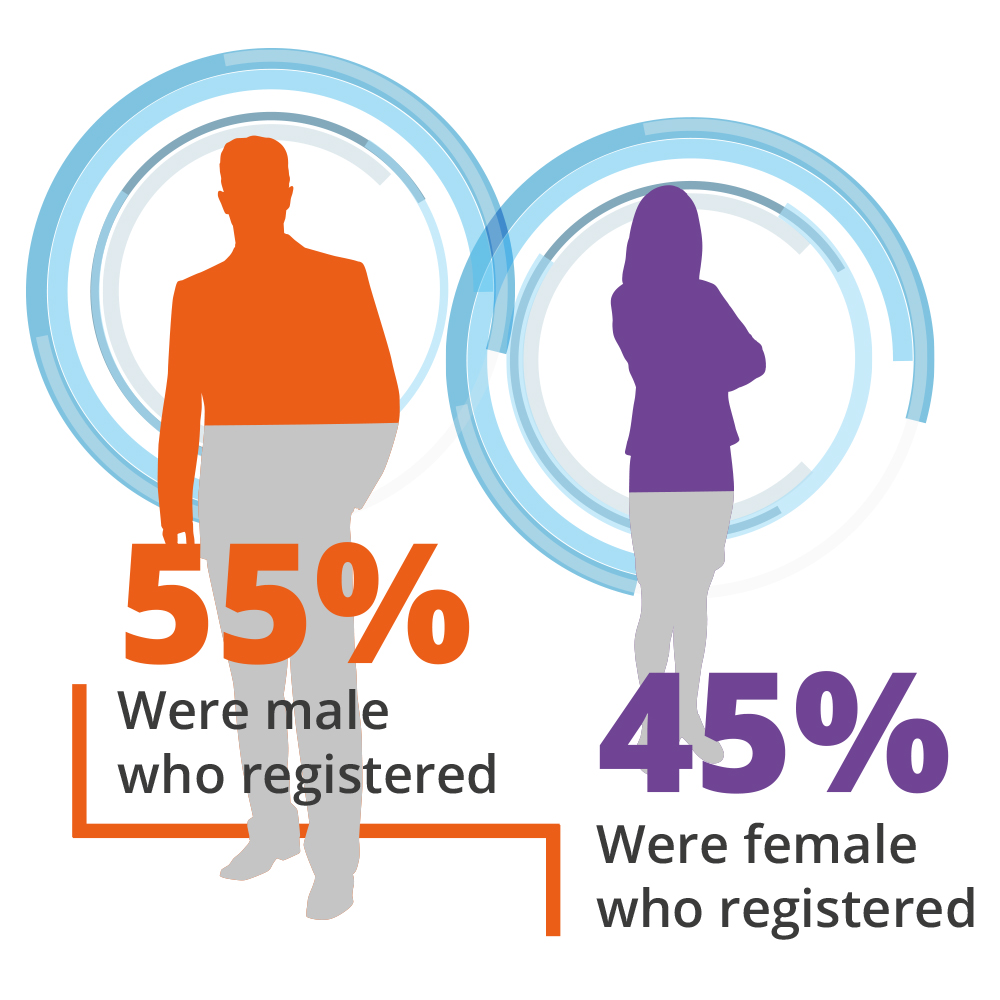CEO of GetMyFirstJob weigh’s in on the Apprenticeship Levy

David Allison, CEO of GetMyFirstJob discusses the repercussions of the introduction of the Apprenticeship Levy in 2017. It could be argued that the Apprenticeship Levy is not equipping the UK workforce for the upcoming challenges in the next few years, instead replacing Apprenticeships with training budgets and limiting Apprenticeship opportunities for young people. Mr Allison explores these pitfalls of the Apprenticeship Levy before looking at constructive ideas for the future of the Apprenticeships.
In April 2017, GetMyFirstJob organised a roundtable to discuss the future impact of the Levy, with representatives from a range of large employers and providers covering a range of sectors, including KPMG, Amazon, Optimity and others.
Everyone anticipated that the changes would create some difficulties – change always does. Not only was funding for apprenticeships being fundamentally changed with the introduction of the Levy, but the move to standards, the near abolition of qualifications in favour of End Point Assessments and changes to funding for small businesses meant that almost the entire apprenticeship system was being changed. Simultaneously.
Anticipating these challenges, our roundtable focused on the anticipated legacy of the Levy. The significant increase in funding, the drive to engage employers of all types to engage more actively rather than seeing apprenticeships simply as ‘free training’ as well as a real commitment to increase the quality and quantity of apprenticeships seemed to make any implementation challenges worthwhile.
One year on, the evidence suggests that the bumpy road of implementation is creating major issues for almost all stakeholders, and is certainly not equipping companies, people or the UK as a whole for challenges of the next few years. So, what’s gone wrong?
1. Apprenticeships have replaced training budgets
Many companies – and who can blame them – have viewed the levy as a tax that needs to be reclaimed. This should, in theory, drive more training delivering, the very essence of the levy. There are two major issues here. Training budgets in many companies have simply vanished as a result and staff are being directed exclusively to apprenticeship routes. No matter what the problem, the answer is an apprenticeship. This approach may allow companies to reclaim their levy tax but is undoubtedly the most inefficient and unproductive way of delivering learning.
2. Apprenticeships are for young people – right?
Now, I’m not arguing that apprenticeships should be exclusively for young people – there is a strong rationale for helping people acquire new skills across the board, but the essence of an apprenticeship is about helping a young person acquire the skills that will form the foundation of their careers. Any system that does not deliver opportunities for young people, or worse still, blocks their access to these programmes must be wrong.
Unfortunately, that is where we are.
3. A skilled labour market fit for the future
Survey after survey has highlighted the issues of productivity and access to a skilled workforce across the UK. Brexit is only going to make this need more acute. The factors set out above make it very clear that the apprenticeship programme is not helping to address these issues. In fact, at the very time when we need to be creating a workforce for the future, all the evidence says we’re doing exactly the opposite.
So, what should be done?
It’s not all gloom and doom. The levy has encouraged some organisations to look at their apprenticeship levy and use it constructively to address both future and current skills needs, but this appears to be the exception, not the rule. Is government spending delivering an apprenticeship system that will provide skills for the future for all? At the moment, it’s a resounding no. So, what should be done?
- Free up management and technical skills and education from the straightjacket of the levy and apprenticeships.
- Provide access to apprenticeship funding for Small Businesses.
- Education and Training for Young and old.




